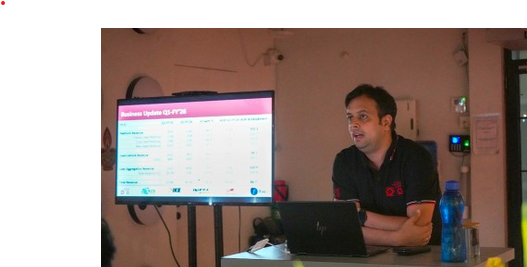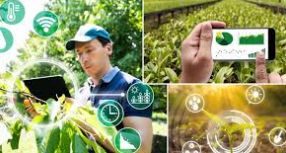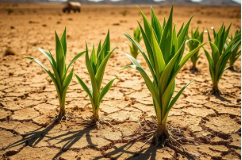
Latin American farmers are turning increasingly to biological control agents to manage crop pests, reducing their reliance on chemical pesticides. The shift is driven by rising costs of agrochemicals and growing demand for environmentally sustainable produce.
In Brazil’s Cerrado region, farmers battling soybean pests introduced beneficial wasps and predatory mites with remarkable success. Infestation rates dropped by 60–70%, and pesticide usage fell by 45% within two seasons.
Meanwhile, Mexico is producing native biocontrol agents such as Bacillus thuringiensis and Trichogramma wasps through local biolabs. These agents are affordable and tailored to regional pest challenges.
By reducing chemical residues on crops and preserving beneficial insects, farmers are meeting the export market’s clean produce demands and gaining price premiums. Public–private partnerships are boosting access and distribution, with regionally designed educational materials empowering farmers to apply biocontrol methods confidently.


















